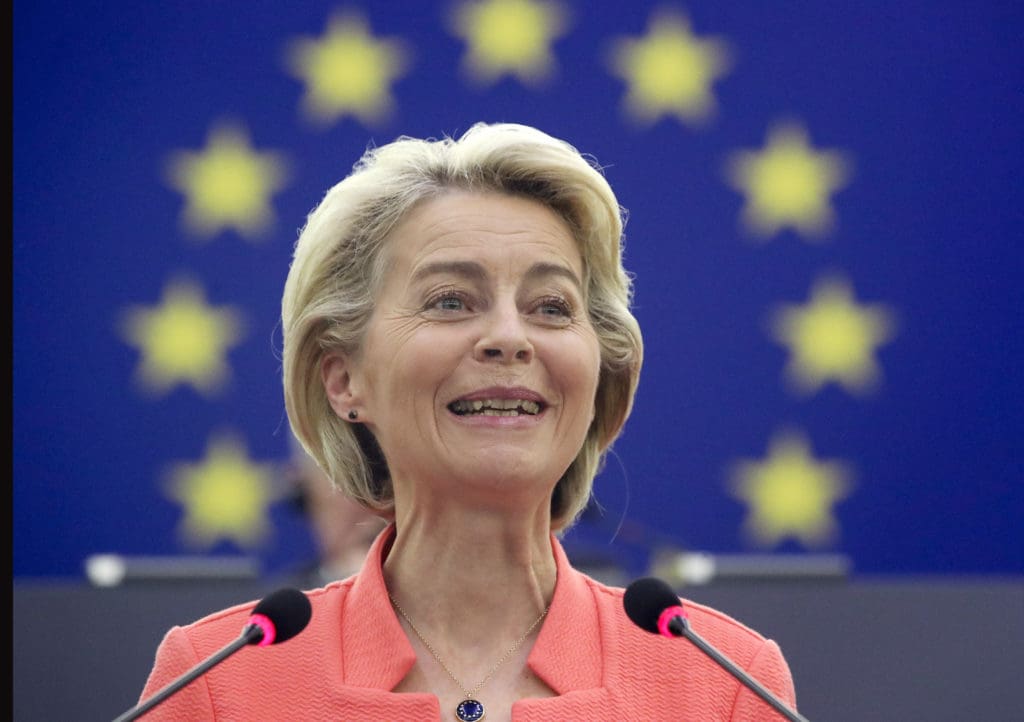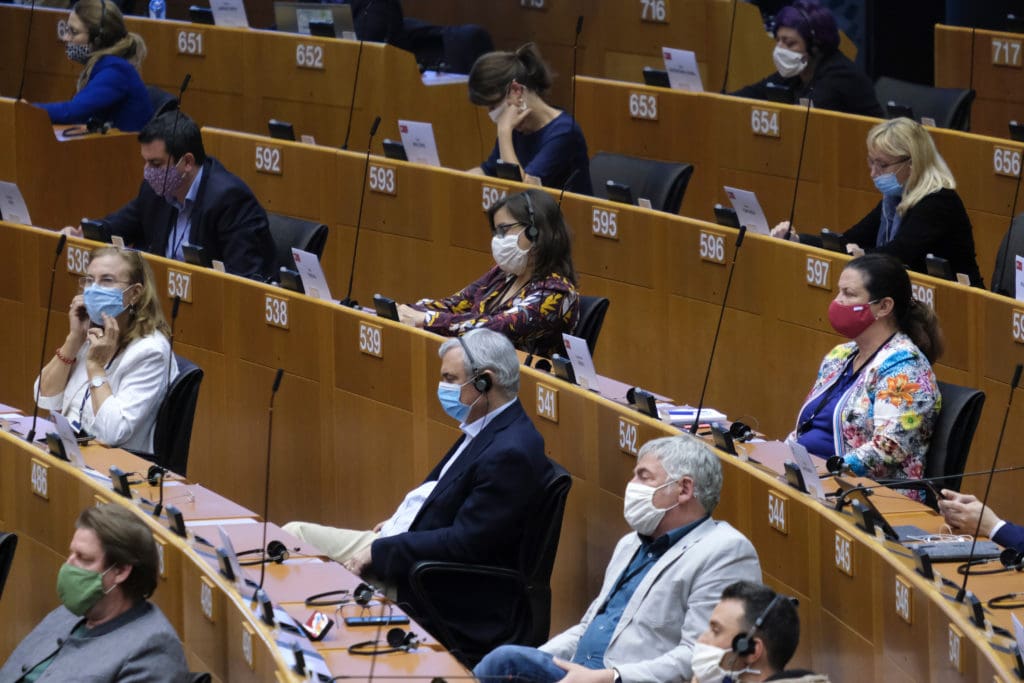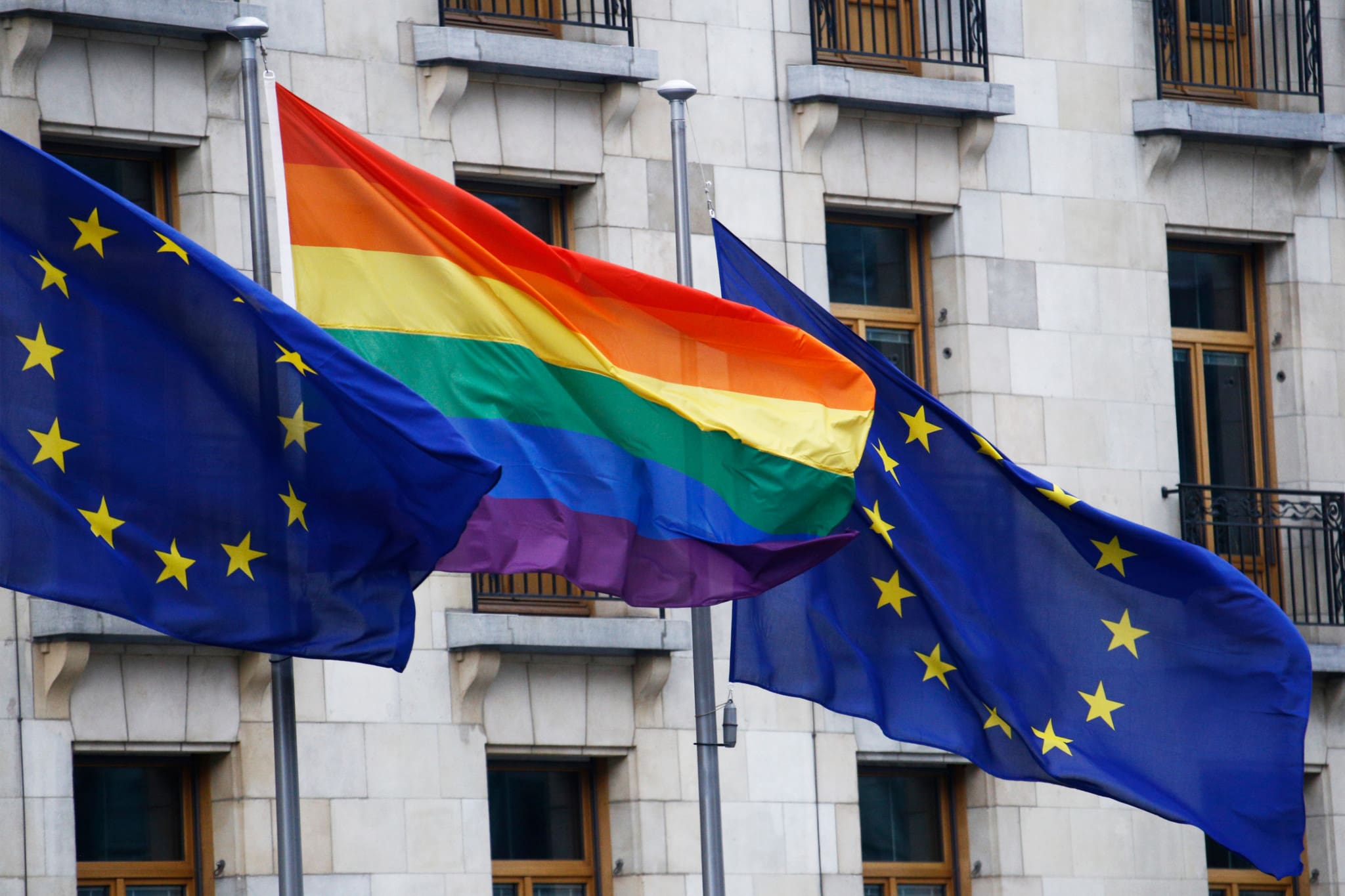On Tuesday, the European Parliament has published its resolution regarding LGBTQ rights in the European Union following a stormy debate during a plenary session in Strasbourg. To observers of the Hungarian Parliament’s recent conduct, it will come as no surprise that Hungary and Poland were singled out yet again as pariah states that are allegedly severely restricting the rights of sexual minorities and denying them a family life.
The resolution’s main goal was to elevate LGBTQ rights with a special focus on family life to the same level that heterosexual marriages and families enjoy, a topic that seems increasingly moving towards the top of the EP’s agenda despite a myriad of other burning problems facing the union in times of pandemic and economic downturn.
Yet, the declaration calls on the implementation of European Commission President Ursula von der Leyen’s 2020 directive, according to which, “If you are parent in one country, you are parent in every country”, referring to the need for mutual recognition of family relations in the EU. This directive comes at a time when same-sex marriages, and the rights of same-sex couples are clearly not harmonized in among all 27 EU member states.

It is perhaps noteworthy right from the outset that in the bloc the definition of parenthood or family is an entirely one-way process, in which the dominant EU powers agree on new concepts that are gradually passed down towards newer member states eastward for mandatory adoption. Family values prevalent on the eastern edges of the EU are deemed inherently antiquated, and are not considered as a valid option when presented to Western-European nations as a legitimate alternative to radical progressive concepts.
This is clear from the parliament’s adoption of a resolution condemning Poland for what is often incorrectly labeled as “LGBTQ-free zones“, that basically refers to local authorities who have rejected proposals to allow radical gender propaganda to be taught in schools and kindergartens. The parliamentarians also condemned Hungary for their recently adopted child-protection laws that introduce more severe punishments for child-abuse, as well as ban the indoctrination of children in state institution with LGBTQ ideology.
The EU parliament calls on the European Commission to start Article 7 infringement proceedings against the two countries, and also to resort to financial sanctions in case they are found guilty of violating EU treaties. This comes despite an earlier agreement, which prohibits the use of financial sanctions in rule-of-law disputes, which the European Council had signed in return for Hungary and Poland agreeing to sign off on the EU’s new budget in December last year.

The EU parliament lists “surges in homophobic and transphobic violence” as one of the reasons for such a draconian intervention against the two countries. They base their findings on the ILGA Europe LGBTQ lobby group’s annual report that lists gay-rights across the continent, with a country-by country breakdown, listing also instances of violence against the LGBTQ community.
As far as hate crimes are concerned, Hungary is in a joint seventh place out of 49 countries. The methodology behind these ranking is non-scientific and politically motivated, thus no one should devote too much attention to this data if any at all. However, even the George Soros-funded ILGA could not find any hate crimes against the LGBTQ community in Hungary more serious than the removal of some rainbow flags, or the shredding of an LGBTQ children’s book by an opposition politician. In contrast, they list a series of brutal incidents in almost all EU member states with a recent influx of Middle-Eastern migrants, such as Germany, France, Belgium, and Scandinavian countries. Data also shows that LGBT hate crimes are rising in the Western nations such as France.
It therefore begs the question as to what justification could European parliamentarians find for the entirely one-sided attack on Poland or Hungary, when the number of homophobic incidents in these two countries is dwarfed by the frequency and brutality of attacks in their Western-European counterparts.
None of the above are listed as candidates for rule-of-law proceedings, neither are threatened with the withdrawal of EU recovery funds nor with political isolation. Instead, the parliament, that was originally created to resolve conflicts among rival European powers by political means, ended up being an institution that creates conflicts there, where it has no authority to interfere. Apart from potentially destabilizing new European democracies, it also erodes confidence in the European project by conducting vindictive activist politics instead of focusing on issues that the vast majority of Europeans struggle with in their daily lives.





